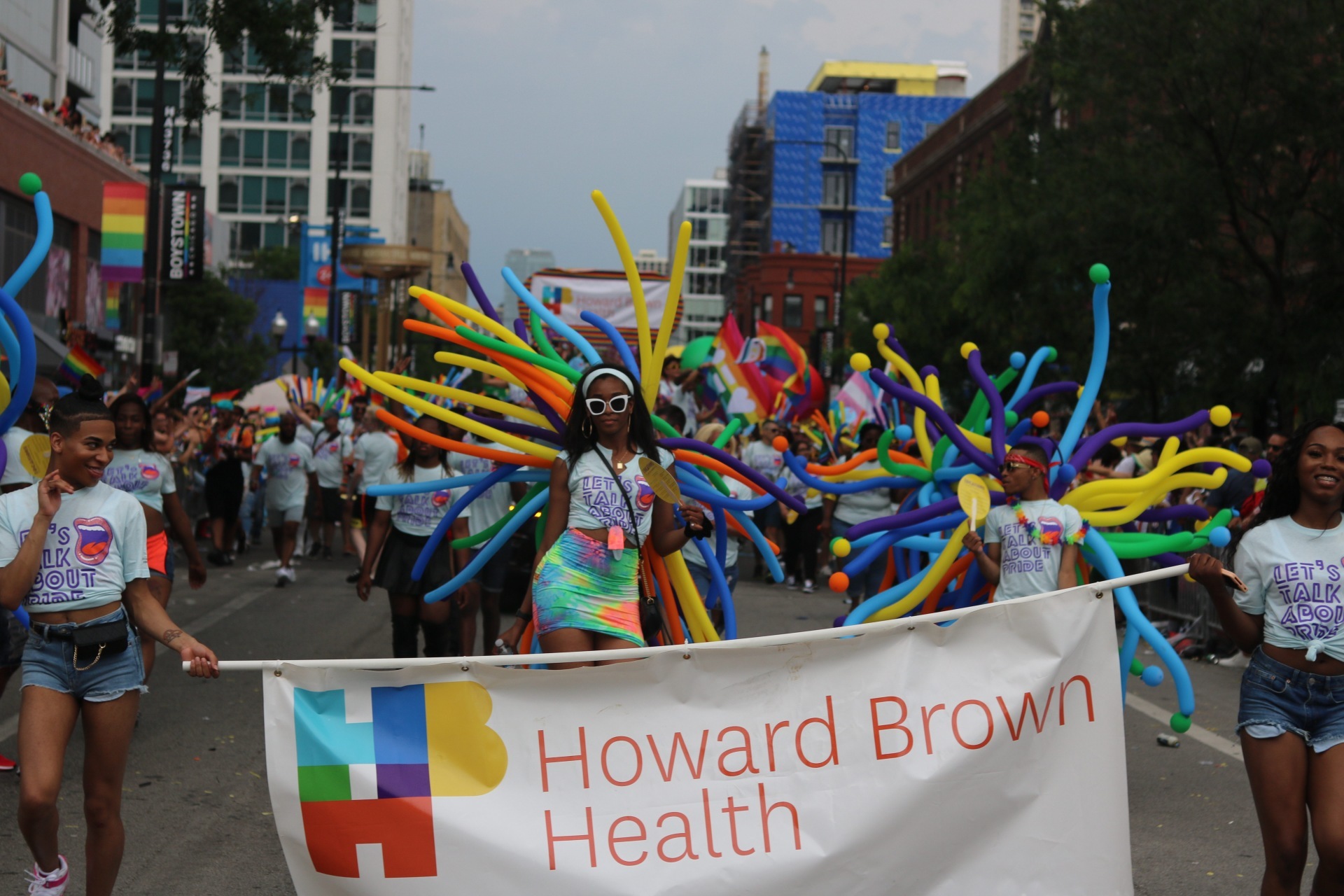Thirty registered nurses at Chicago’s Howard Brown Health (HBH), one of the largest Queer health clinic systems in the country, are gearing up for an open-ended strike starting October 3rd for better pay and other issues. The nurses, represented by the Illinois Nurses Association (INA), have been working without a contract for a month and a half. The bargaining unit hopes to win wage increases and address retention issues.
After unionizing in 2019, the 30 RNs have since been joined in the union by the 480 other employees at HBH. These newly incorporated INA members—who include nurse practitioners, facility technicians, and the sales associates at HBH-owned thrift stores—will have a separate contract. “This isn’t a multinational corporation, but it’s also not a small shop,” INA Lead Organizer Margo Gislain told More Perfect Union. “HBH brings in $182 million a year, and the nurses are being nickel and dimed.”
According to ProPublica, HBH CEO David Ernesto Munar gave himself a $100,000 raise during the COVID-19 pandemic. Nurses at HBH have not been given any extra compensation for their frontline work on COVID-19 or the Monkeypox outbreak.
Currently, HBH offers pay incentives based on patient approval surveys, which nurses say is both an imperfect way of gauging a patient’s satisfaction as well as an unfair way of judging workers. As of now, there is no long-term retention plan to keep nurses at HBH,, something that nurses say is a problem given the lack of trained professionals in Chicago who can perform Queer-affirming care.
Cook County Commissioner-elect Anthony Joel Quezada turned to HBH after his family doctor shamed him for being sexually active with men. “As a Queer, working-class person, it is very difficult to find adequate, affirming healthcare in the city,” Quezada explained. “HBH has consistently provided what I need and deserve.”
The nurses, who voted unanimously to strike, gave HBH notice on September 16, but say they still have not seen movement toward fairer wages, which is at the heart of their demands. The hospital also has not yet hired replacement nurses, so if a strike does happen, patient appointments will have to be canceled. Some patients have been waiting for their appointment for months. Gislain told More Perfect Union, “It does not feel like management has urgency to settle the strike.”
Despite being one of the patients whose care could be affected by a strike, Quezada says, “It’s these same workers who provided me solidarity when I needed care and attention. HBH workers were there for me. Now that they are fighting, I will be there in solidarity for them.”
Nurses have been negotiating with HBH since June. Their hours at the bargaining sessions are unpaid, and Tony Valentin, the Northside “float” RN, said most of their time is spent in a separate room from HBH representatives, with bargaining sometimes taking place for only 10 minutes of the allotted eight hours. Valentin said that in one follow-up proposal, HBH countered with a starting wage that was even lower than their previous proposal, while the highest wage was just a 30 cent increase from the previous contract.
Valentin, who is also a patient at HBH, explained why better pay is so important to him and his coworkers: “We are dedicated to this community. Many of us are a part of this community, and we take a pay cut to be here because we care.” But if HBH continues to hold out in negotiations, Valentin says he and his union siblings will walk out. “They can’t function without us, and they are about to learn if we go on strike.”
Correction: An earlier version of this article said that HBH management had presented a counter-offer with a starting wage that was lower than the previous “contract.” Management presented a counter-offer with a starting wage that was lower than their previous proposal.



